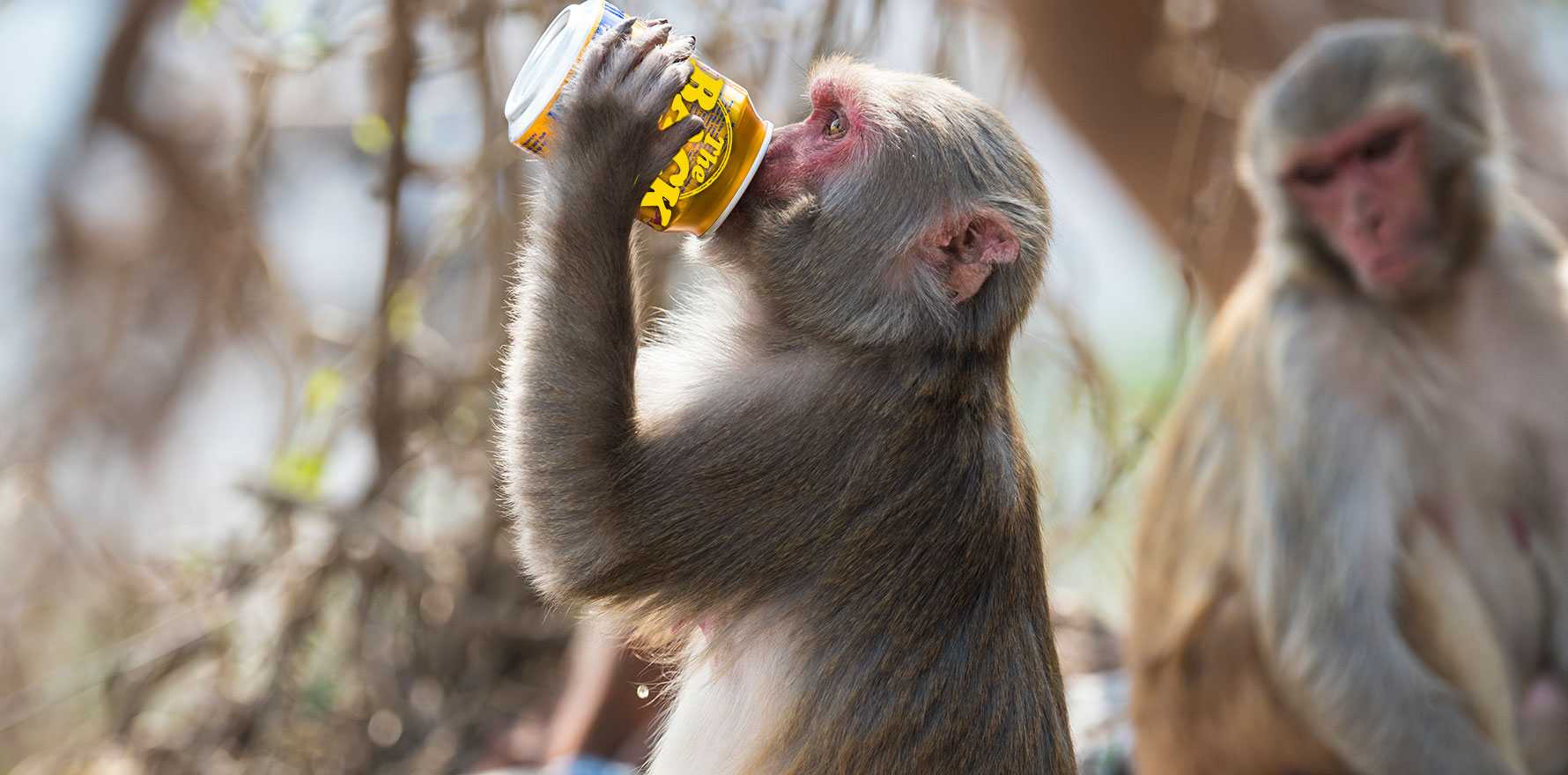Deliberate boozing in the animal kingdom may be more common than we first thought.
Your Back Page scribbler has more than a passing familiarity with the pleasures and pitfalls of partaking in liquid refreshments created via the fermentation of the grain and the grape.
While such intoxicating experiences are generally regarded as being primarily as human trait, there are instances of other species consuming naturally fermenting fruits which contain ethanol, and suffering the consequences.
The question is, are humans the only ones who do this intentionally or do these other critters also choose to get tipsy by design, rather than by chance?
While earlier studies have tended to suggest the latter is the more likely scenario – especially as being a drunk animal in the wild can be a life-threatening liability – new research released this week proposes that this is not always the case.
Publishing in the journal Trends in Ecology & Evolution, scientists from University of Exeter, say that animals deliberately consuming alcohol is more common than first thought, although the reasons for this behaviour could differ from those of humans.
The research team first reviewed the evidence of how commonly ethanol naturally occurred in fruits and nectar that were commonly food for wild animals.
They said that while most animals that ate sugary fruits were likely to be exposed to at least some ethanol, and while most naturally fermented fruits only reach about 1 to 2% ABV, concentrations as high as 10.2% ABV had been found.
“We’re moving away from this anthropocentric view that ethanol is just something that humans use,” research author Kimberley Hockings told media.
“It’s much more abundant in the natural world than we previously thought, and most animals that eat sugary fruits are going to be exposed to some level of ethanol.”
But given that being three sheets to the wind is not a great idea for creatures that need to be climbing around in trees and are surrounded by opportunistic predators, why would they choose to put themselves at risk?
The answer could be for the extra calories the fermented fruit provides.
While humans would prefer to have the mind-altering impact of the alcohol without the extra calories, animals such as primates and treeshrews may have adapted to metabolise ethanol efficiently while taking advantage of the added energy boost.
It may also be the case, the authors say, that the ethanol is triggering the animals’ endorphin and dopamine systems, leading to feelings of relaxation that could have benefits in terms of sociality.
As is often the case, however, the researchers reckon there’s a lot more study needed to be done before we can call last drinks on this one.
Send full-bodied story tips to penny@medicalrepublic.com.au.


